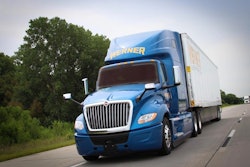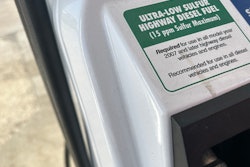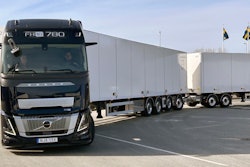For a little more than 15 years, UPS attempted to shoehorn a less-than-truckload segment into its parcel delivery monolith.
Last week, the CCJ Top 250 No. 1 carrier announced the end of the experiment and the sale of its UPS Freight business to TFI International (CCJ Top 250, No. 8) for $800 million – about $400 million less than UPS paid in 2005 for Overnite Transportation, the acquisition that gave rise to the division.
While UPS at the time lauded its new subsidiary for its “extensive transportation network, a strong focus on operational efficiency and flexibility,” the parent company’s inability to leverage that efficiency and flexibility was ultimately its undoing, said Donald Broughton, Principal and Managing Partner at Broughton Capital.
“Every single transportation company has one thing in common and that is their biggest expense as a percentage of sales is labor,” he said. “When UPS acquired the old Overnite, they believed they could run it as a non-union silo and [unionized labor] has been a sticking point since the moment they bought it.”
With its LTL operation, UPS had hoped to leverage its existing customer relationships in the parcel business into business for its LTL segment, said Rick Paterson, an analyst at Loop Capital. “They thought it could be an easy cross-sell,” he said of rolling strong parcel-customer relationships into LTL loads.
“Those aspirations never worked out to the degree they’d clearly hoped it would,” he said. With new CEO Carol Tomé at the helm, the company was looking to make a change in a segment where margins were much lower than its parcel business, said Paterson. And now, he added, the company has an extra $800 million “to put back into the war chest” for other uses and pay down debt.









